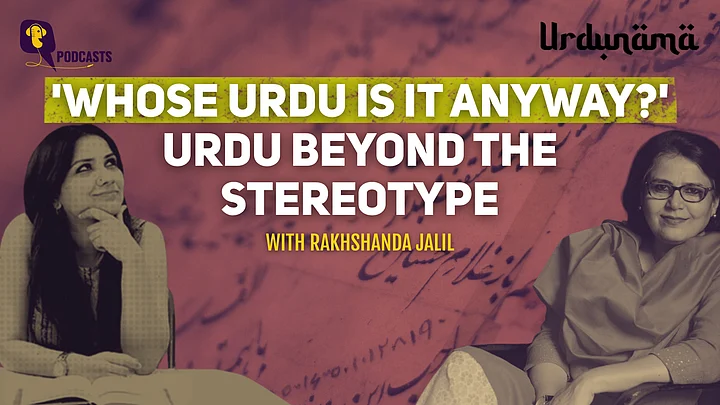For centuries, Urdu has been part of a shared cultural space, shaped by people from diverse communities and traditions. Yet this fact is often forgotten or pushed aside. That’s why the new anthology Whose Urdu Is It Anyway? feels so important.
Edited and translated into English by writer, literary historian, and translator Dr. Rakhshanda Jalil, the book brings together 16 Urdu short stories written by non-Muslim writers. The collection features powerful voices such as Krishan Chander, Rajinder Singh Bedi, Kanhaiya Lal Kapoor, and Gulzar, among others. Together, their stories challenge the stereotype that Urdu belongs to a single identity, reminding us instead that it has always been a language of many, reflecting universal themes of love, loss, displacement, and belonging.
In this episode, I sit down with Rakhshanda Jalil to talk about why this stereotype around Urdu persists, what these stories reveal about the richness of Urdu prose, and why the language continues to speak across boundaries and time even today.
If you’ve ever wondered about the place of Urdu in our shared culture, or wanted to see the language beyond its clichés, this conversation will give you a fresh lens.
